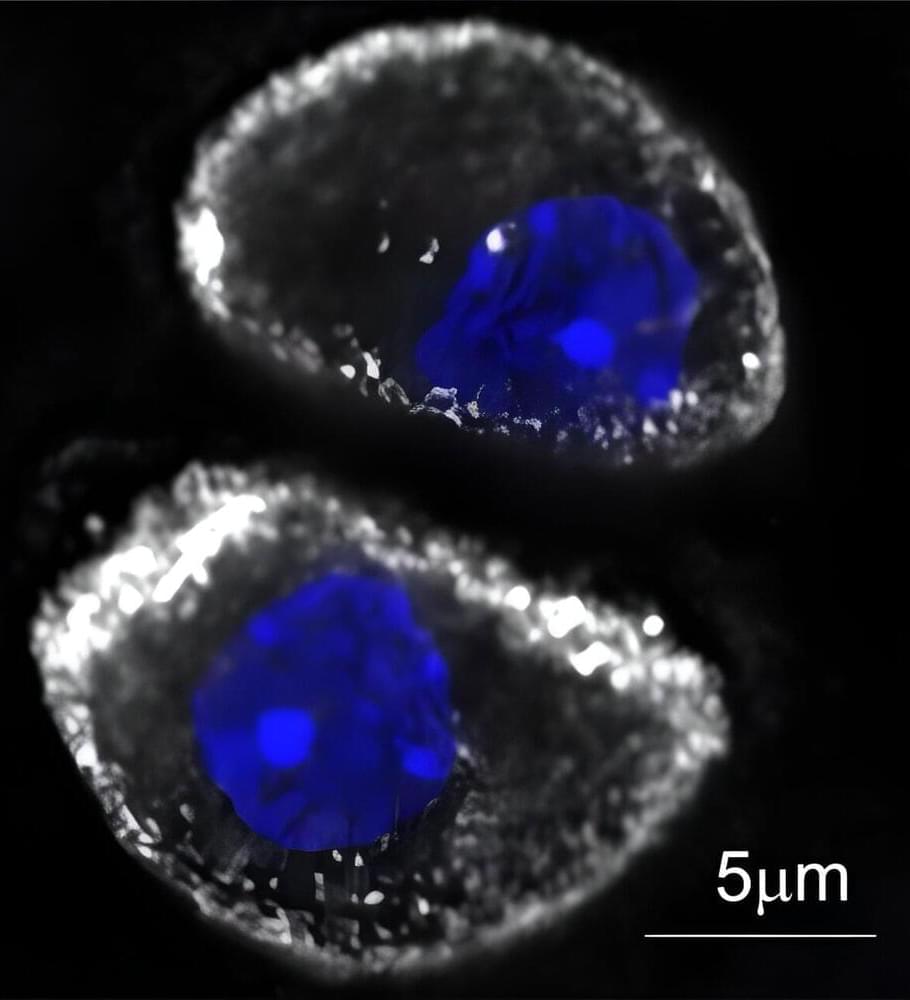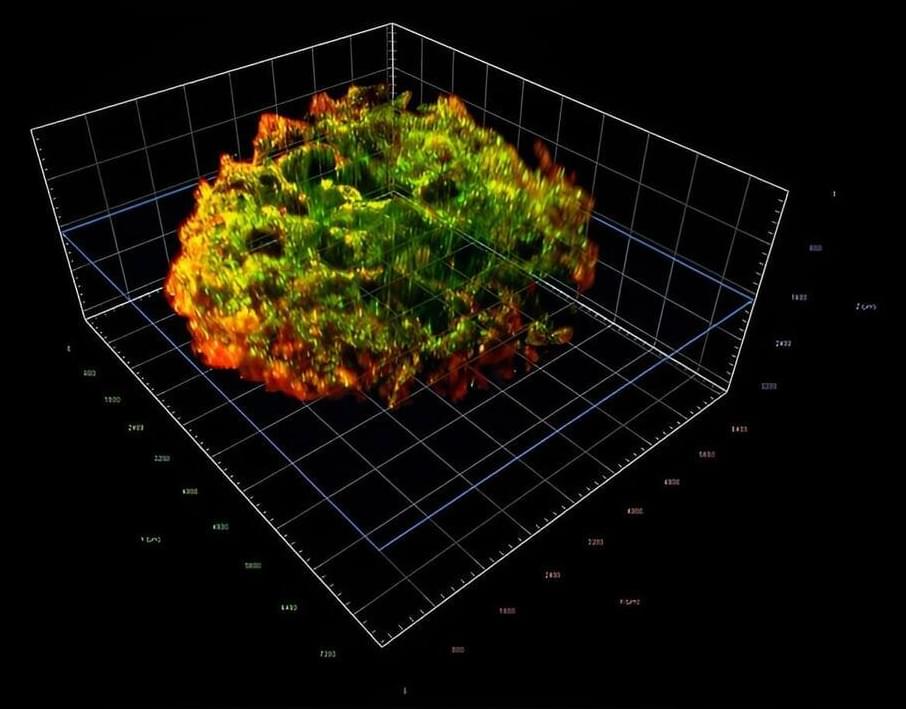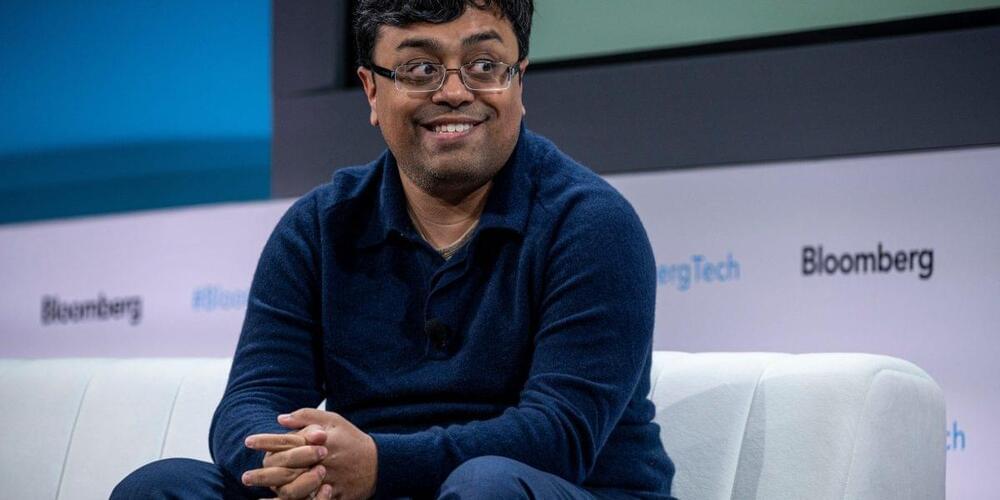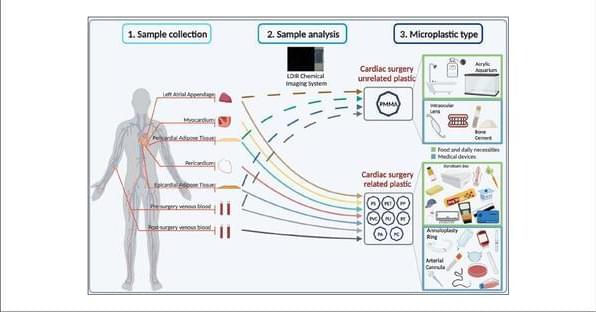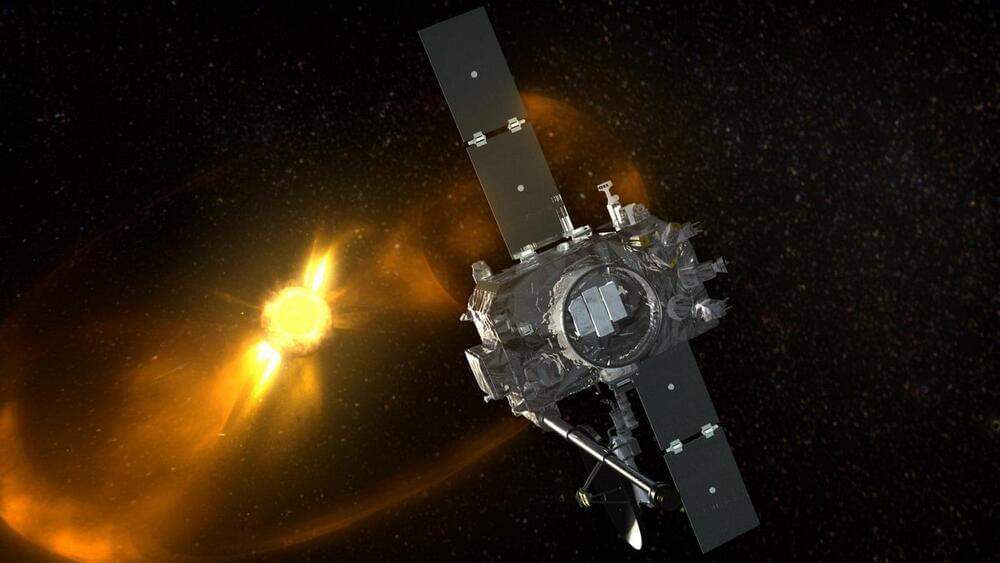A previously unstudied protein in the framework of osteoarthritis may be critical in the prevention of the disease, according to groundbreaking new research published in the journal Science Advances, which included work by Justin Parreno, an assistant professor at the University of Delaware.
Osteoarthritis is an irreversible, painful and debilitating condition of the joints characterized by breakdown of the cartilage that cushions the ends of the bones, called articular cartilage. It occurs most often in the hands, knees or hips and is the most common type of arthritis, affecting more than 32.5 million Americans, according to the Centers for Disease Control and Prevention.
Parreno was a doctoral student at the University of Toronto when he found that the protein called adseverin helps keep the articular cartilage healthy. This is the first time a specific protein associated with cell structure has been identified to be protective against osteoarthritis.
